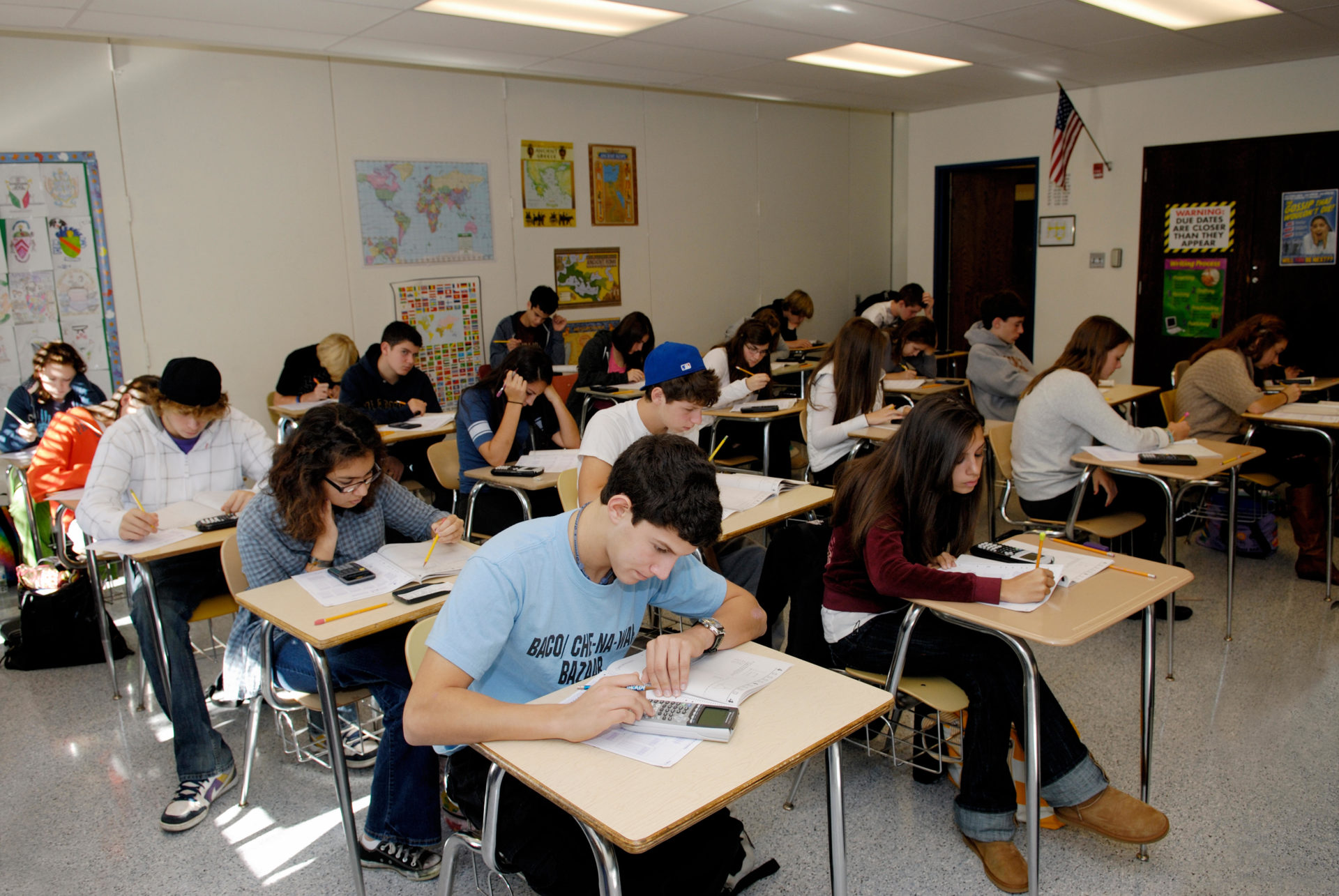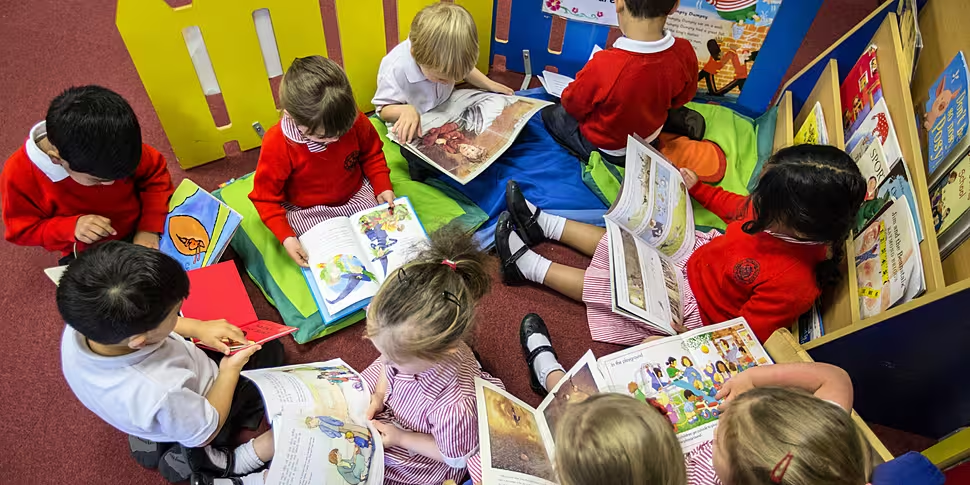Since 1999, there has been an 11% increase in the number of exemptions provided to post-primary schools from learning Irish - so what is behind the jump?
Exemptions can be given on a number of grounds, including significant learning difficulties and in cases where children received their education outside of the State until age 12.
On The Pat Kenny Show, The Irish Times education editor Carl O'Brien said a number of factors are behind the rise in exemptions.
"For the most part, the exemptions have been very genuine," Mr O'Brien said.
"[Principals have said] we have a far more diverse classroom with students from abroad and a classroom which is far more inclusive with students who would have gone to special schools once upon a time and now they are in mainstream schools.
"It's worth noting that the exemption system was introduced quite a long time ago and the classroom was much less diverse at the time."
Psychological reports
The Department of Education recently wrote to schools to remind them that a psychologist's report is not sufficient grounds for granting an exemption.
This has resulted in some principals feeling "under pressure" from parents, Mr O'Brien said.
"They’ve got these reports that are recommending an exemption from Irish but actually the rules are you cannot rely on a psychologist's report - you have to rely on a persistent difficulty in learning Irish," he said.
"If it’s for additional needs, you have to have evidence of that over a long period of time with low test scores in reading, in comprehension and other literacy indicators."
 Students in a classroom taking a test, Alamy
Students in a classroom taking a test, AlamyMr O'Brien said the recent figures point to a need to readdress how Irish is taught.
"Should we not have a system that meets students where they are that focuses more on technology and other teaching methods to really fulfil the potential of all students?" he said.
Mr O'Brien said all students should leave school with some knowledge or appreciation of the Irish language.
Feature image shows students in a classroom reading books, Alamy









